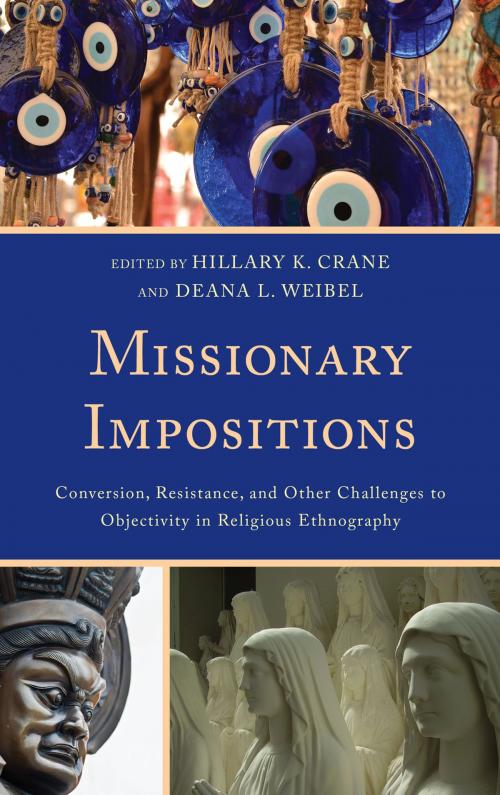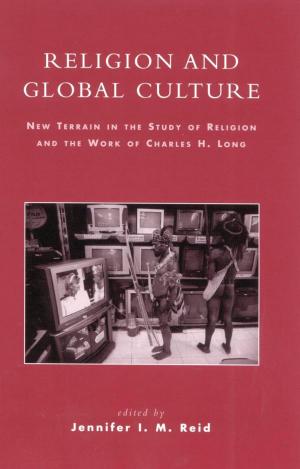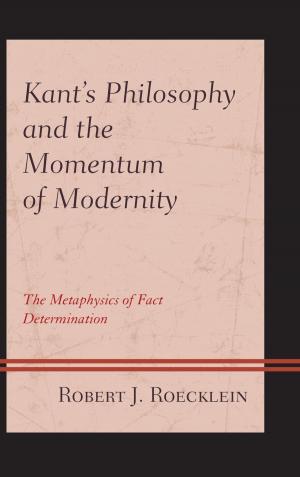Missionary Impositions
Conversion, Resistance, and other Challenges to Objectivity in Religious Ethnography
Nonfiction, Religion & Spirituality, Christianity, Missions & Missionary Work, Social & Cultural Studies, Social Science, Anthropology, Political Science| Author: | ISBN: | 9780739177891 | |
| Publisher: | Lexington Books | Publication: | November 30, 2012 |
| Imprint: | Lexington Books | Language: | English |
| Author: | |
| ISBN: | 9780739177891 |
| Publisher: | Lexington Books |
| Publication: | November 30, 2012 |
| Imprint: | Lexington Books |
| Language: | English |
In this collection of essays, anthropologists of religion examine the special challenges they face when studying populations that proselytize. Conducting fieldwork among these groups may involve attending services, meditating, praying, and making pilgrimages. Anthropologists participating in such research may unwittingly give the impression that their interest is more personal than professional, and inadvertently encourage missionaries to impose conversion upon them. Moreover, anthropologists’ attitudes about religion, belief, and faith, as well as their response to conversion pressures, may interfere with their objectivity and cause them to impose their own understandings on the missionaries. Although anthropologists have extensively and fruitfully examined the role of identity in research—particularly gender and ethnic identity—religious identity, which is more fluid and changeable, has been relatively neglected. This volume explores the role of religious identity in fieldwork by examining how researchers respond to participation in religious activities and to the ministrations of missionaries, both academically and personally. Including essays by anthropologists studying the proselytizing religions of Buddhism, Islam, Christianity, as well as other religions, this volume provides a range of responses to the question of how anthropologists should approach the gap between belief and disbelief when missionary zeal imposes its interpretations on anthropological curiosity.
In this collection of essays, anthropologists of religion examine the special challenges they face when studying populations that proselytize. Conducting fieldwork among these groups may involve attending services, meditating, praying, and making pilgrimages. Anthropologists participating in such research may unwittingly give the impression that their interest is more personal than professional, and inadvertently encourage missionaries to impose conversion upon them. Moreover, anthropologists’ attitudes about religion, belief, and faith, as well as their response to conversion pressures, may interfere with their objectivity and cause them to impose their own understandings on the missionaries. Although anthropologists have extensively and fruitfully examined the role of identity in research—particularly gender and ethnic identity—religious identity, which is more fluid and changeable, has been relatively neglected. This volume explores the role of religious identity in fieldwork by examining how researchers respond to participation in religious activities and to the ministrations of missionaries, both academically and personally. Including essays by anthropologists studying the proselytizing religions of Buddhism, Islam, Christianity, as well as other religions, this volume provides a range of responses to the question of how anthropologists should approach the gap between belief and disbelief when missionary zeal imposes its interpretations on anthropological curiosity.















